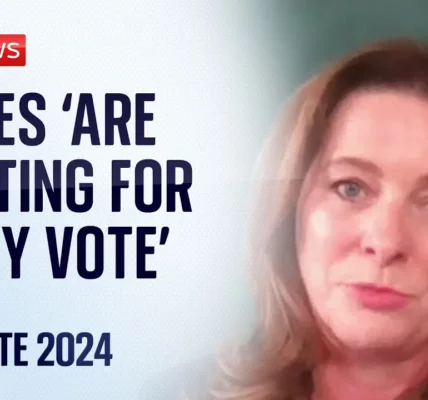Judge Allows Naming of 17-Year-Old Suspect in Stabbing Case: Axel Ruda Kubana

In a significant legal decision, a judge has permitted the public naming of a 17-year-old suspect involved in a recent stabbing incident. This ruling, influenced by arguments from the media, raises important questions about juvenile privacy laws and their enforcement in the UK.
Introduction
The recent court ruling regarding a 17-year-old boy named Axel Ruda Kubana has sparked discussions about the balance between public interest and juvenile anonymity. Traditionally, the law protects the identities of minors involved in legal cases. However, this case has showcased the complexities of such protections, especially when media entities advocate for transparency. This article delves deeply into the circumstances surrounding the judge’s decision, the legal arguments presented, and the implications of this ruling.
Background of the Case
On a fateful Monday, a stabbing incident occurred, leading to the arrest of Axel Ruda Kubana, a resident of Banks, a village located just three miles from the scene of the crime. Initially, the authorities refrained from naming the suspect due to his status as a juvenile. The police confirmed that he was British born, arriving into the world on August 7, 2006, which means he would turn 18 in just a few days. This detail became pivotal in the legal discussions that ensued.
The Legal Arguments Presented
During the court proceedings, a significant debate emerged regarding whether Axel should be named publicly despite being a minor. The prosecution initially advocated for maintaining his anonymity, citing the legal protections afforded to those under 18. However, representatives from The Daily Mail contested this position, arguing for the public’s right to know the identity of the suspect involved in a violent crime.
Arguments for Naming the Suspect
- Public Interest: The newspaper argued that naming Axel was in the public interest, particularly given the violent nature of the crime.
- Impending Age of Majority: The fact that he would soon turn 18 was highlighted as a reason to lift the anonymity.
- Precedent for Transparency: Advocates for naming suggested that transparency in such cases could deter future violent acts.
Arguments Against Naming the Suspect
- Legal Protections: The prosecution underscored the importance of legal protections for juveniles to encourage rehabilitation rather than stigmatization.
- Potential Impact on Future: Maintaining anonymity was argued to be crucial for the suspect’s future reintegration into society.
The Judge’s Decision
After approximately 20 minutes of deliberation, the judge ultimately sided with The Daily Mail’s arguments, allowing for the public naming of Axel Ruda Kubana. This decision was deemed unusual given the strict protections typically afforded to minors, which sparked further discussions about the legal system’s approach to juvenile cases.
Implications of the Ruling
The ruling sets a notable precedent in the legal landscape concerning juvenile anonymity. While the court recognized the traditional protections, it also acknowledged the rapidly approaching milestone of Axel turning 18, which influenced the decision significantly.
Reactions from Legal Experts
Legal experts have expressed mixed feelings about the decision. Some view it as a necessary step towards greater transparency in criminal cases, while others warn that it may lead to a chilling effect on how juveniles are treated within the legal system. The discourse continues as more details about the case and legal arguments emerge.
Conclusion
The decision to allow the naming of Axel Ruda Kubana marks a critical moment in the conversation surrounding juvenile justice and public interest. As society grapples with the implications of such rulings, it remains essential to consider the balance between transparency and the rights of minors. For more insights on the legal ramifications of naming juvenile suspects, check out our related articles on juvenile law and media ethics.
“`




